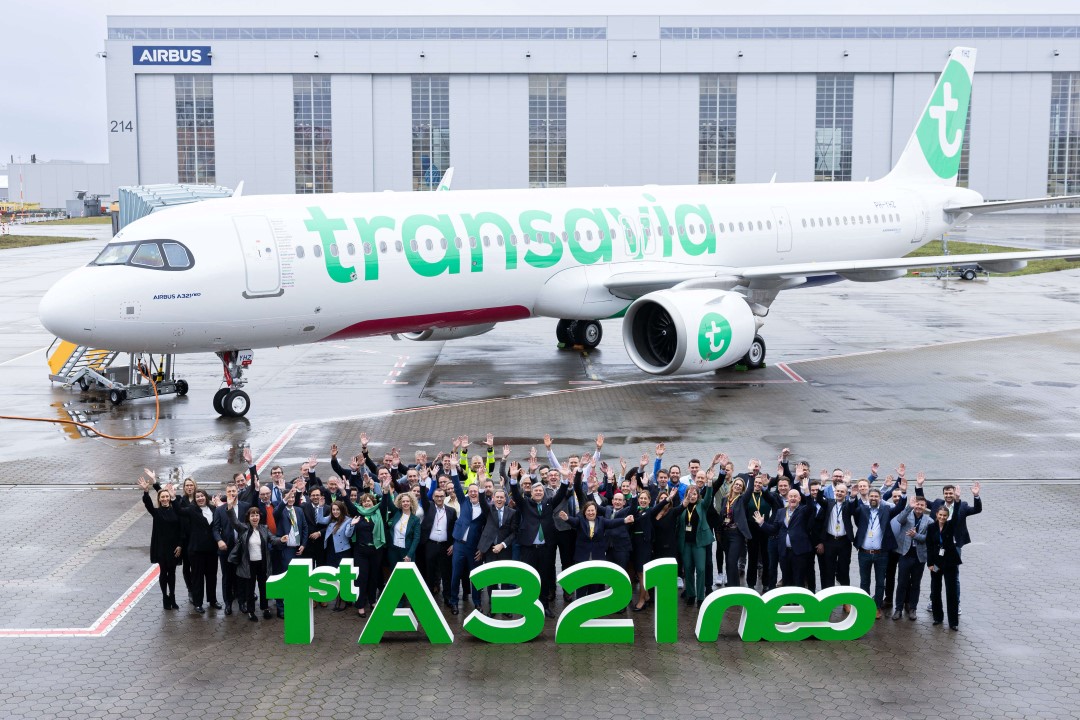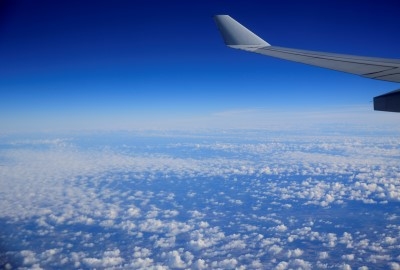First A321neo delivered to Transavia: quieter, less fuel
The recent delivery of the first A321neo aircraft to Transavia is an important step in the renewal of the Air France-KLM group. The delivery of the new aircraft, as part of Air France-KLM's fleet renewal strategy, supports the group’s move towards sustainable aviation.
 Image by Transavia
Image by Transavia
The introduction of the new aircraft to the fleet aligns with Air France-KLM's commitment to sustainable aviation practices, in several ways.
Environmental Performance
The Airbus A320neo family, including the A321neo, is equipped with the latest technological innovations, resulting in a 15% reduction in fuel consumption and CO2 emissions compared to previous generation aircraft. This improvement directly aligns with the aviation industry's goals to reduce its environmental impact.
Noise Reduction
The A320neo family offers a 50% noise reduction compared to earlier aircraft. This is crucial for addressing noise pollution concerns around airports, improving the overall environmental impact of air travel, and enhancing the experience for local communities.
Fuel Efficiency
The introduction of more fuel-efficient aircraft, such as the A321neo, is a key strategy for reducing the overall carbon footprint of Air France-KLM. Improved fuel efficiency not only contributes to lower operating costs but also aligns with global efforts to mitigate climate change by reducing the aviation industry's reliance on fossil fuels. All in all, the A320neo family enables a unit cost reduction of more than 10%. This economic benefit supports the long-term sustainability of the airline by enhancing operational efficiency and cost-effectiveness, which is crucial for the industry's overall viability.
By 2030, the share of new generation aircraft (such as the A321neo) in the Group’s fleet is expected to reach 81%, against 21% in 2023.


